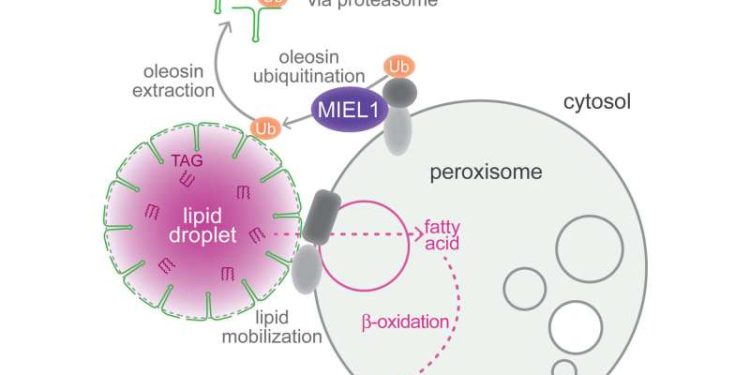In this article, we delve into the exciting world of cellular agriculture and its potential to revolutionize farming practices. Using the latest data from Phys.org, we uncover how cutting-edge research and insights into cellular processes can pave the way for enhanced crop yields, capturing the attention of farmers, agronomists, agricultural engineers, farm owners, and agricultural scientists.
Data Source: Phys.org – “Cellular Fuels Growth in Yields: Insights for Sustainable Agriculture” – July 2023.
In recent years, advancements in agricultural sciences have been pushing the boundaries of traditional farming. One such frontier is cellular agriculture, a burgeoning field that delves into the cellular processes governing plant growth and development. According to the latest data from Phys.org, researchers and scientists are harnessing cellular insights to develop innovative solutions for increasing crop yields sustainably.
The key focus of cellular agriculture lies in understanding the intricacies of plant cells and their interactions within the crop. By gaining a deeper comprehension of cellular mechanisms, researchers have successfully identified critical pathways that influence plant growth, nutrient uptake, and stress response. These insights have opened doors to novel approaches for enhancing crop productivity without compromising environmental sustainability.
In-depth cellular studies have shed light on the significance of optimizing photosynthesis, the cornerstone of plant productivity. Scientists are now exploring genetic modifications and precision breeding techniques to create crops with improved photosynthetic efficiency. These advancements aim to transform sunlight into more abundant energy for plants, fueling their growth and ultimately resulting in higher yields.
Furthermore, cellular agriculture has led to breakthroughs in nutrient management and utilization. By understanding how plants absorb and utilize essential elements like nitrogen, phosphorus, and potassium, scientists can develop targeted fertilization strategies that maximize nutrient uptake and minimize waste. This approach not only reduces environmental impacts but also fosters healthier and more resilient crops.
The impact of cellular insights is not limited to traditional crops alone. Horticultural practices and fruit breeding have also witnessed transformative changes, leading to the development of disease-resistant varieties with enhanced fruit quality and shelf life. This progress translates into economic benefits for farmers and improved access to high-quality produce for consumers.
In conclusion, cellular agriculture represents a promising avenue for sustainable agricultural growth. By delving deep into the cellular underpinnings of plant life, researchers and scientists are paving the way for increased crop yields, reduced environmental impacts, and improved food security. For farmers, agronomists, agricultural engineers, farm owners, and agricultural scientists, embracing cellular insights and technologies is vital to stay at the forefront of modern, sustainable agriculture.
Tags: Cellular Agriculture, Crop Yields, Sustainable Farming, Agricultural Sciences, Cellular Insights, Plant Growth, Nutrient Management, Precision Breeding, Photosynthesis, Environmental Sustainability, Horticulture.












